Thousands years history of ‘Indian’ land
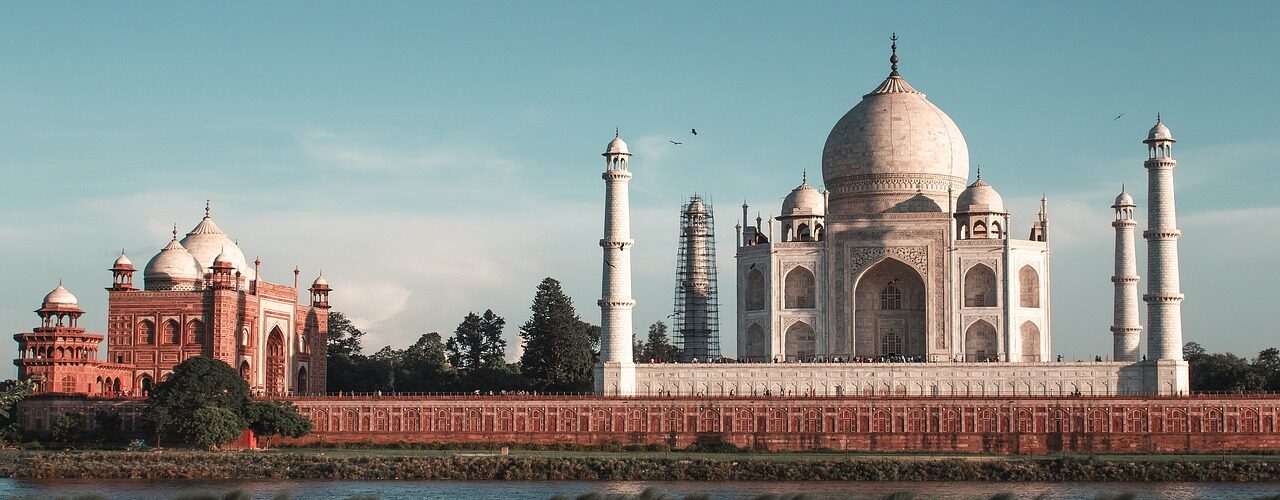
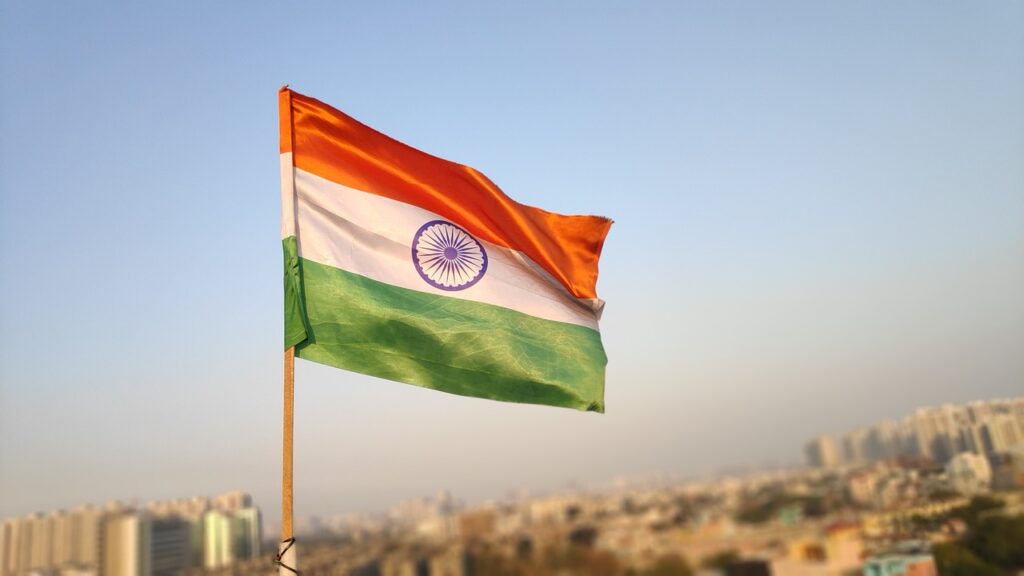
India, with its kaleidoscope of cultures, rich history, and vibrant tapestry of traditions, stands as a testament to the enduring spirit of humanity. From the ancient civilizations of the Indus Valley to the intricate mosaic of medieval kingdoms and the subsequent encounter with colonial forces, India’s narrative is one of resilience, diversity, and constant evolution. As the world’s largest democracy, modern India weaves together the threads of tradition and progress, embracing the complexities of its past while charting a dynamic course into the future. In this exploration, we delve into the captivating journey of India, traversing the epochs that have shaped its identity and continue to mold its destiny.
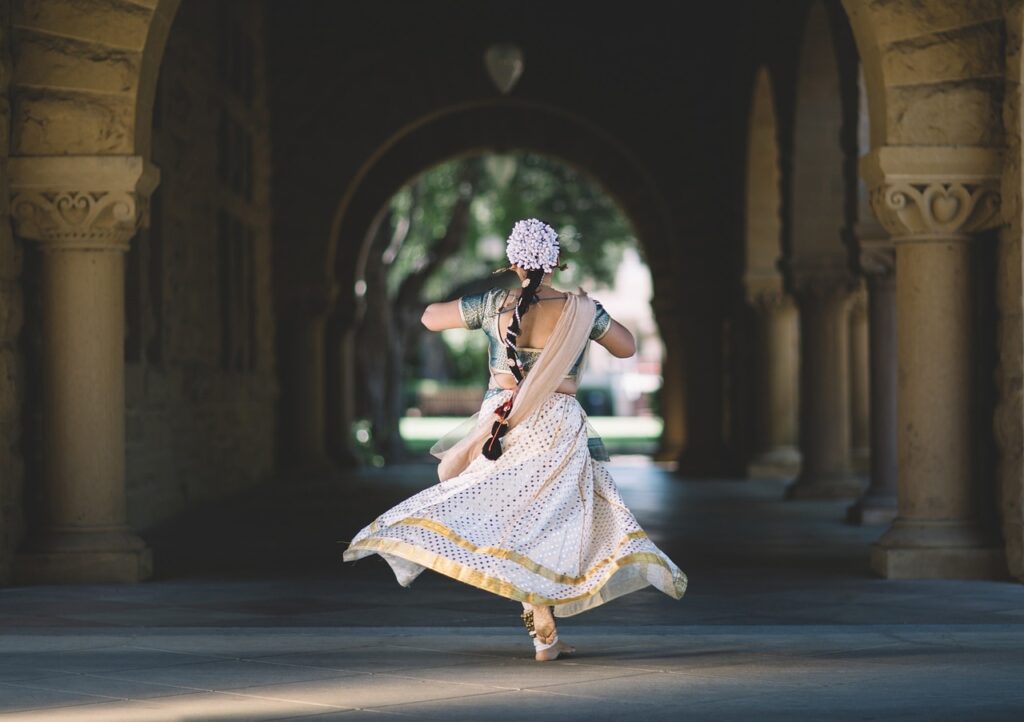
The history of India is vast and complex, spanning thousands of years and marked by a rich cultural, social, economic, and political evolution. Here is a condensed overview of key periods in Indian history:-
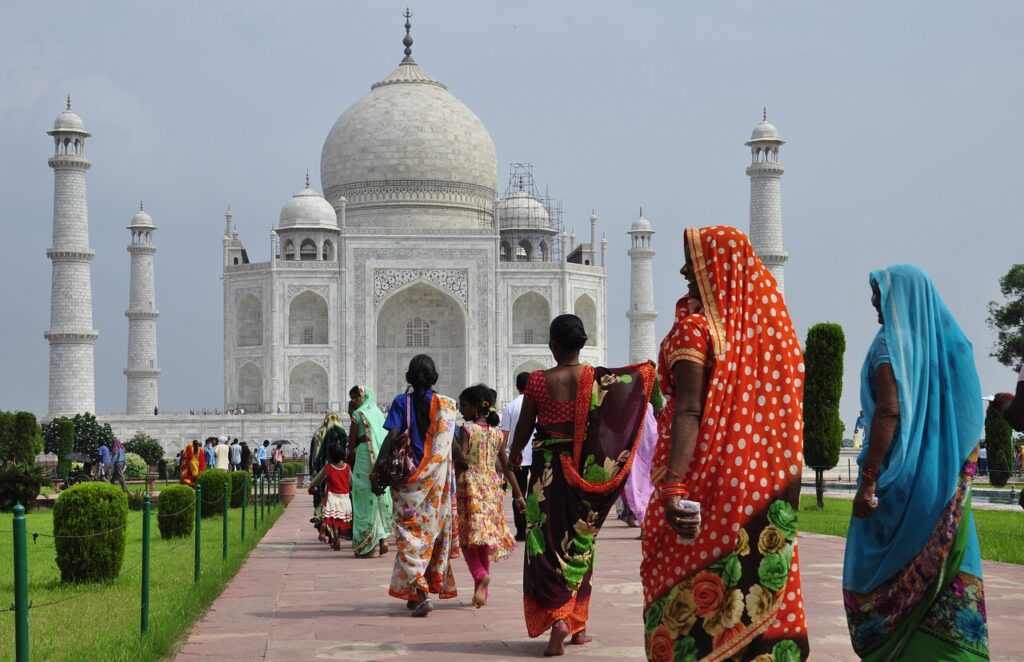
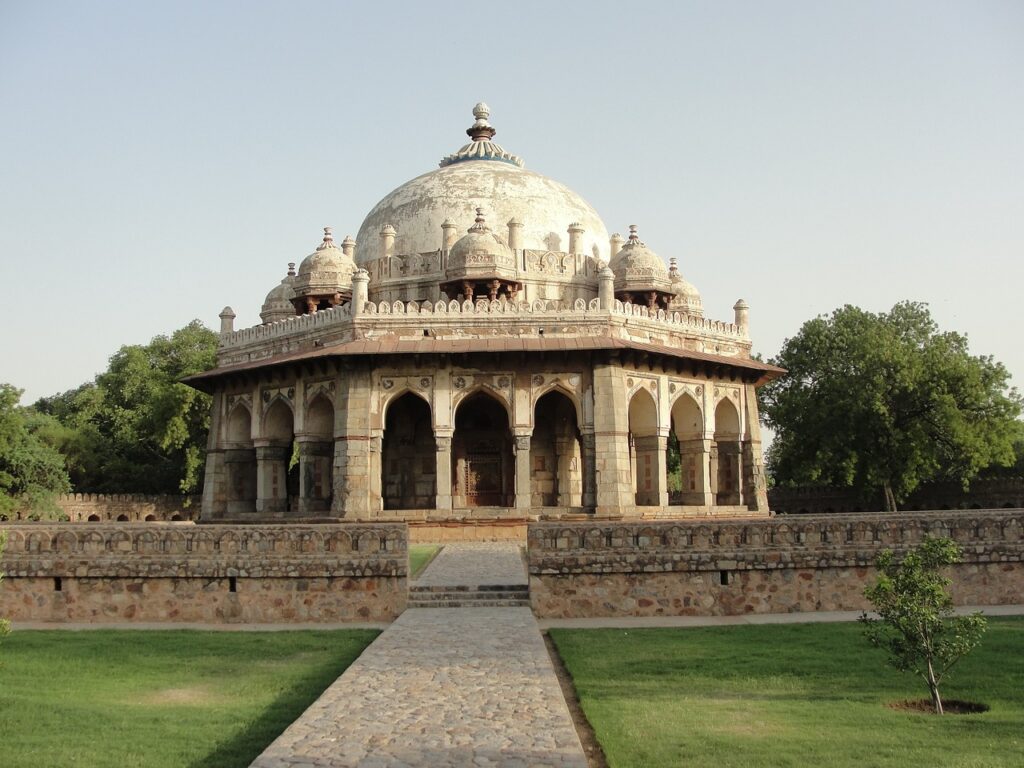
Ancient India
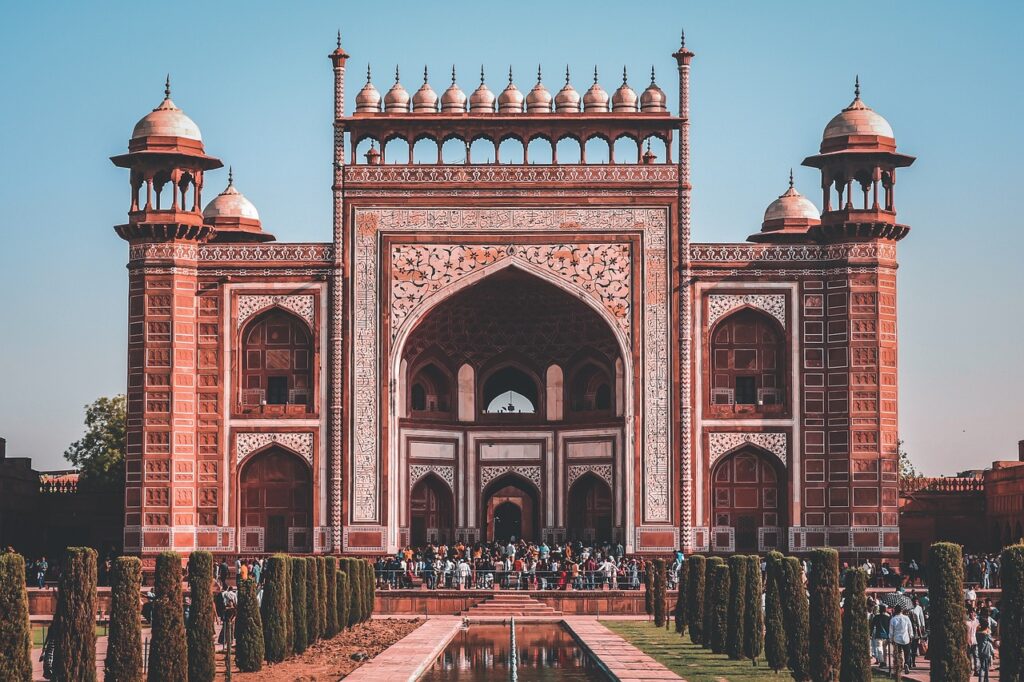
Indus Valley Civilization (c. 3300–1300 BCE)
One of the world’s oldest urban civilizations, characterized by advanced urban planning, trade, and writing systems.
Major sites include Harappa and Mohenjo-Daro.
Vedic Period (c. 1500–500 BCE)
The Rigveda, one of the oldest sacred texts, emerged during this time.
Society was organized into varnas (social classes) and saw the composition of other Vedas.
Maurya Empire (c. 322–185 BCE)
Founded by Chandragupta Maurya, it became one of the largest empires in ancient India.
Ashoka the Great, a Mauryan emperor, played a crucial role in spreading Buddhism.
Gupta Empire (c. 320–550 CE)
Considered a golden age for art, science, and literature.
Achievements in mathematics, astronomy, and the creation of the Gupta script.
Medieval India
Islamic Invasions and Delhi Sultanate (c. 1206–1526)
The Delhi Sultanate was established by various Turkic and Afghan dynasties.
Notable rulers include Qutb-ud-din Aibak and Alauddin Khilji.
Vijayanagara Empire (c. 1336–1646)
A powerful South Indian empire known for its achievements in art, culture, and administration.
Mughal Empire (c. 1526–1857)
Founded by Babur after the Battle of Panipat.
Akbar the Great, Jahangir, Shah Jahan, and Aurangzeb were significant Mughal rulers.
The empire reached its zenith under Akbar, known for religious tolerance and administrative reforms.
Colonial Period
European Colonization (17th–19th centuries)
The British East India Company gained control over various regions.
The Battle of Plassey (1757) and the Battle of Buxar (1764) solidified British influence.
British Raj (1858–1947)
The British Crown took direct control after the Indian Rebellion of 1857.
Significant events include the Indian National Congress formation (1885) and the Jallianwala Bagh massacre (1919).
Mahatma Gandhi’s non-violent resistance and the Quit India Movement (1942) were crucial in India’s path to independence.
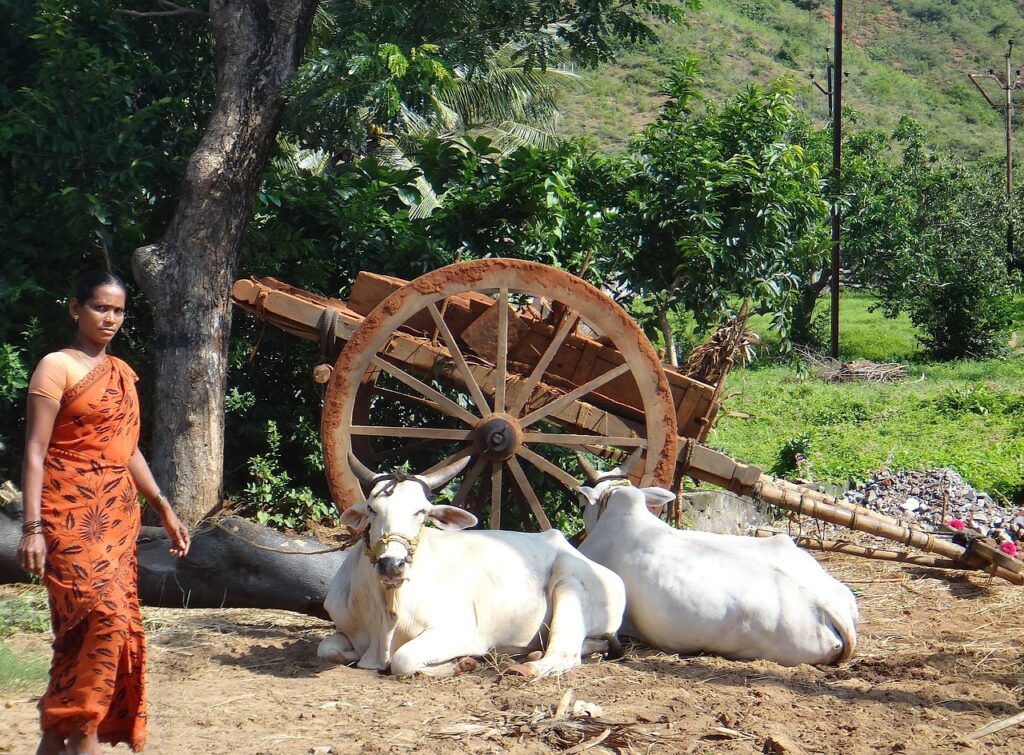
Post-Independence
Independence and Partition (1947)
India gained independence on August 15, 1947, and was partitioned into India and Pakistan.
The partition led to communal violence and mass migrations.
Republic of India (1950–present)
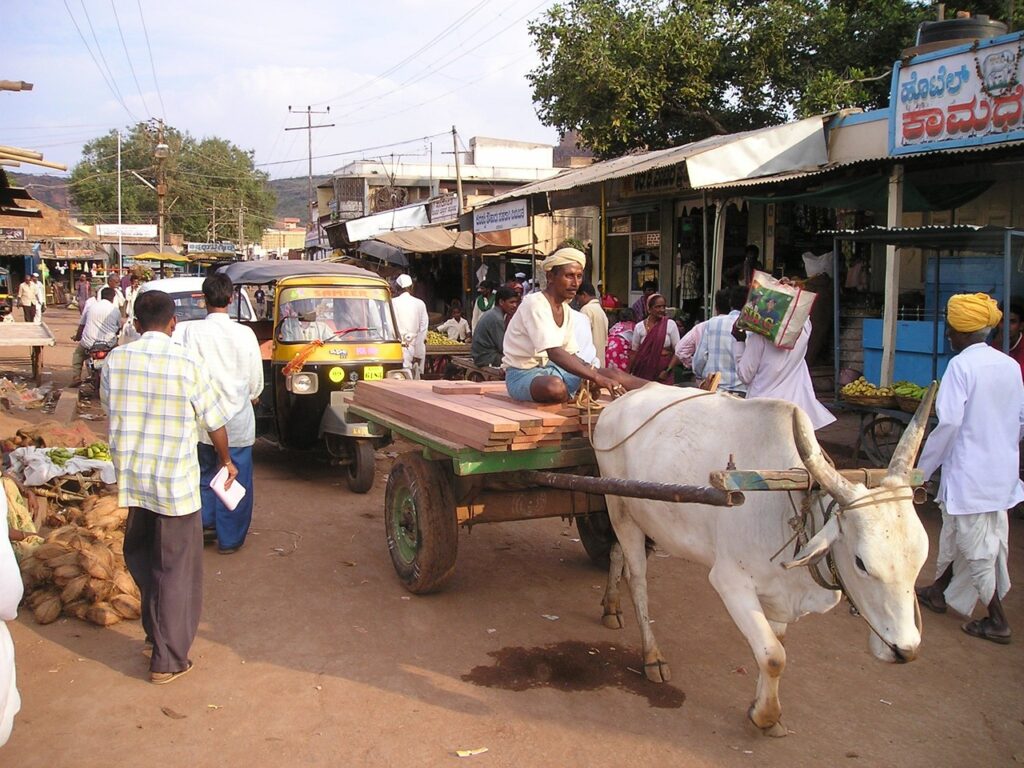

India adopted its constitution in 1950, becoming a democratic republic.
Economic reforms in 1991 led to increased globalization and growth.
India has faced challenges such as regional conflicts, economic disparities, and social issues.
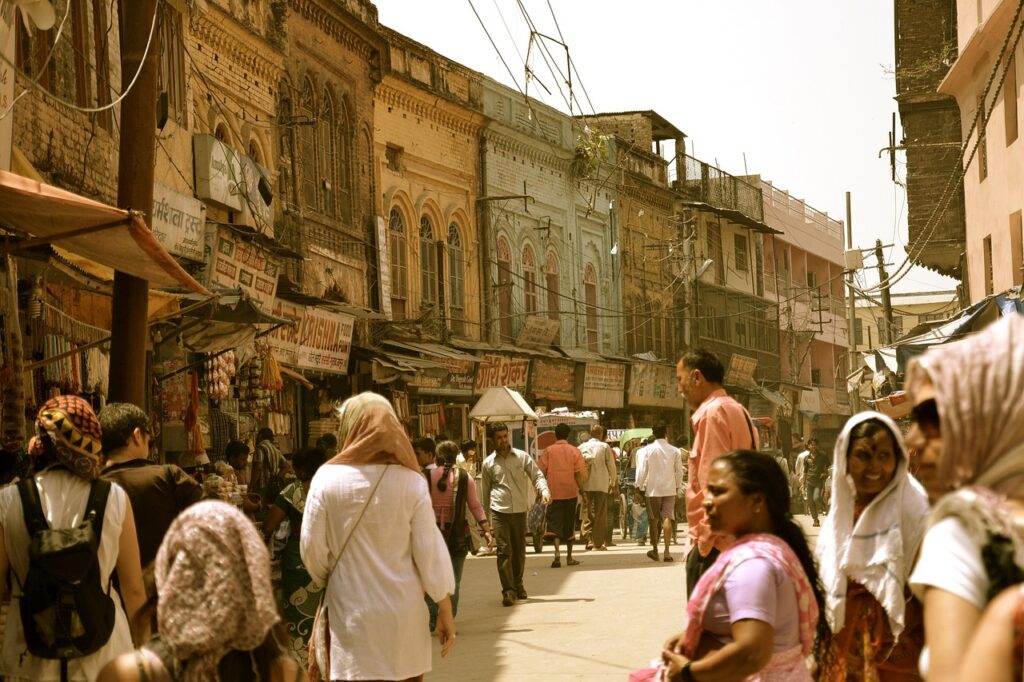
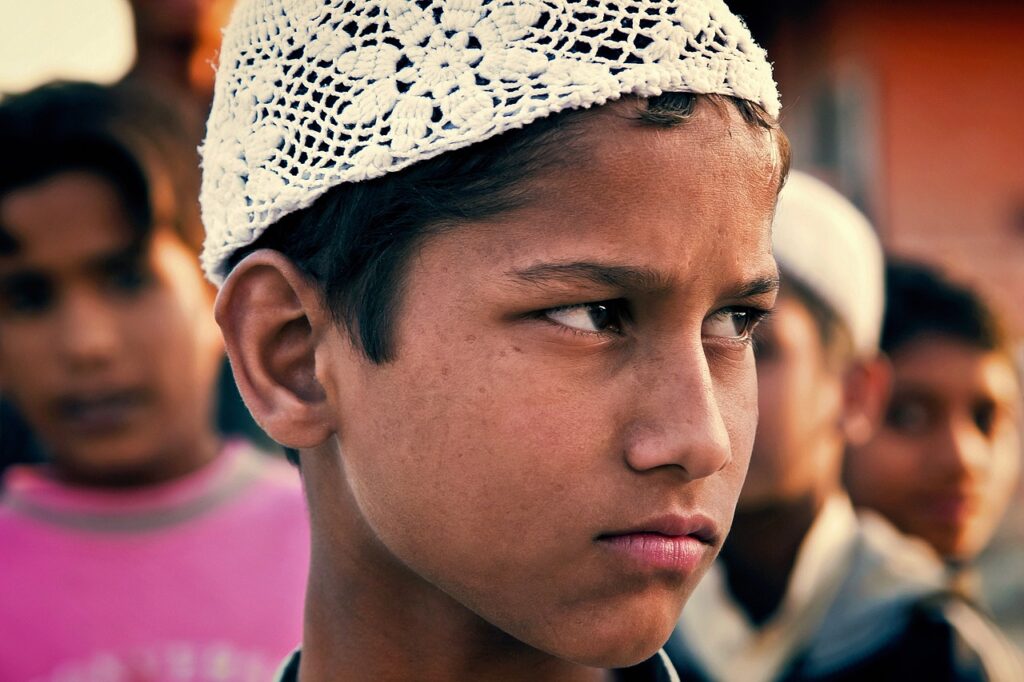
Throughout its history, India has been a land of diverse cultures, religions, and languages. Its ancient traditions, philosophies, and contributions to science and art continue to shape its identity on the global stage.
In concluding our journey through the annals of India’s history, we find a nation that has weathered the tides of time with fortitude and grace. From the echoes of ancient hymns to the clamor of independence, India’s story is a narrative of endurance, cultural richness, and the pursuit of a collective destiny. As the country strides forward into the unfolding chapters of the 21st century, it carries with it the wisdom of its past and the aspirations of a billion souls. The complexities and contradictions that characterize India only add to its allure, inviting us to appreciate a nation where tradition and innovation dance in a harmonious rhythm. India’s narrative, ever-evolving, beckons us to recognize the interplay of tradition and modernity, unity in diversity, and the enduring spirit that defines this extraordinary land








